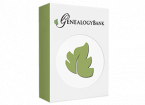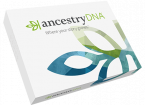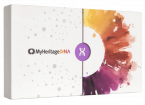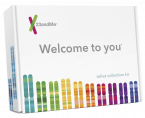GenealogyBank Overview: Build Your Family Tree With Ease
People who like to build family trees, often also like to discover historical documents about their family members. And that’s where GenealogyBank could be very helpful.
This service lets you search for your relatives (or other people, for that matter) by name, date range, and geographical location. The website will then display documents for people who meet those criteria — as long as those people live(d) in the U.S. from about 1690 onward.
These records may include newspaper articles, obituaries, U.S. census data, Social Security death indices, official documents, and historical publications.
GenealogyBank boasts an extensive archive of over 2 billion genealogical records. This encompasses what they tout as the world’s most comprehensive collection of online obituaries, a wide range of U.S. newspapers spanning over 330 years (encompassing 13,000 titles from every state), and numerous notices for births, marriages, and engagements.
At the same time, it doesn’t provide a family tree builder and the subscription cost is too high compared to other services. AncestryDNA, for example, cost the same (and offer a free trial) in addition to having a larger database, along with a family tree builder.
Clear, Easily Navigable Search Functionality
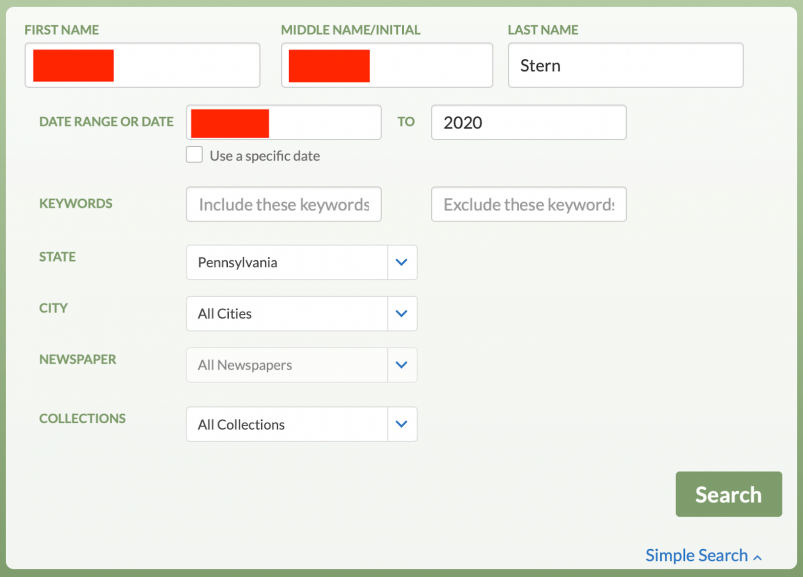
GenealogyBank offers an intuitive search interface that streamlines your research experience. While a simple name search can yield a wealth of results, you can refine your search by including additional details like dates, locations, or document types.
When you come across documents that catch your attention, you have the option to save, print, or share them for future reference. Additionally, GenealogyBank provides a subscription service that actively monitors for new documents matching your search criteria. It sends email alerts to ensure you stay informed and up to date with your research.
How well does GenealogyBank work? Read on to see how my queries turned out.
5 Standout Features of GenealogyBank
-
Search through millions of historical records for your family members
If your family has resided in the U.S. for a few generations, you should theoretically be able to find some records of them among the many news articles, obituaries, census records, and other documents the company possesses.
-
Refine your searches for more targeted results
When searching for a particular family member, you can include criteria like date ranges, states and cities where they lived, and what type of records you’re looking for. That may make it easier to rule out people who aren’t your relative.
-
Clear, straightforward user interface
It’s not hard to figure out how to conduct a search on GenealogyBank. If you’ve ever done any research online before, you shouldn’t have any trouble knowing what to do.
-
One-week free trial
Not sure GenealogyBank will be useful in finding documents related to your family? Sign up for a one-week free trial and give it a go. If you find a lot of what you’re looking for, you may find it worthwhile to subscribe; if not, you can cancel, no problem.
-
Friendly user support
Whether you interact with GenealogyBank’s support representatives via chat or over the phone, they’re very nice, and they try to be as helpful as possible. That’s more than you can say for some companies!
Underwhelming Success in Finding My Family
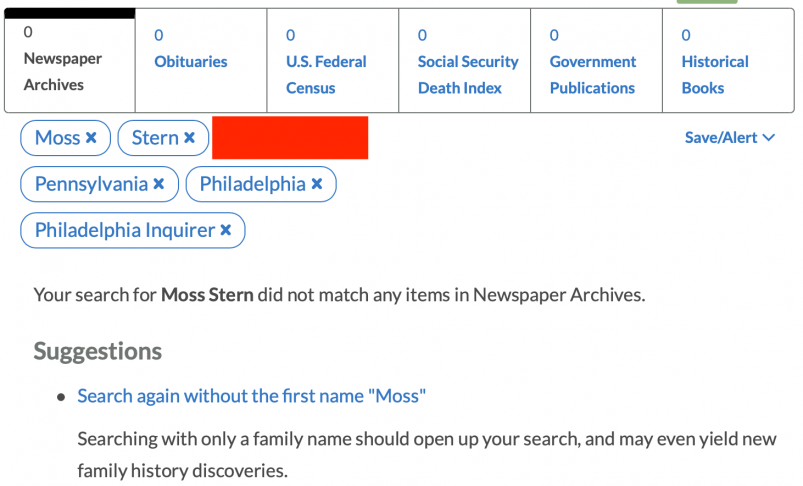
Yes, I did a search for myself. Not because I’m that vain, but because I happen to know that I appeared in a news article in the Philadelphia Inquirer sometime between 1990 and 1995.
The upshot?
Nope.
Next, I searched for my mother, Ingeborg Stern, who emigrated to the United States around 1950 and died in 1973.
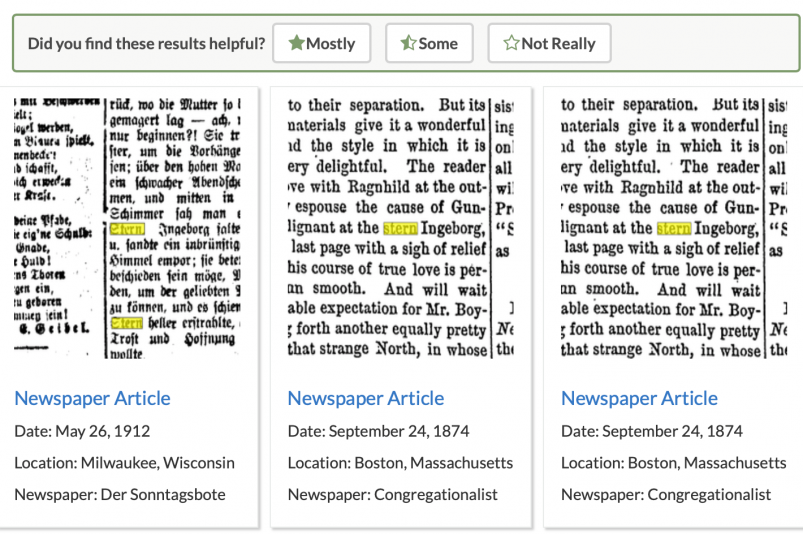
Well, I found some Ingeborg Sterns, but all of them lived before my mother was born. When I narrowed down the date range, I got nothing. I also tried her mother, Olga Schettler, who emigrated to the U.S. around 1962 and died in 1992, and I couldn’t find her either.
Then I tried searching for my father, Harold Stern, who (among other things) founded a school of psychoanalysis in Philadelphia (and therefore was almost certainly featured in some newspaper articles). But while I found a lot of Harold Sterns on GenealogyBank, none of them was him.
So I tried my brother-in-law Hiroshi, who happens to be a very well-known luthier specializing in a unique viola design. I know for a fact that he’s been featured in some newspaper articles.
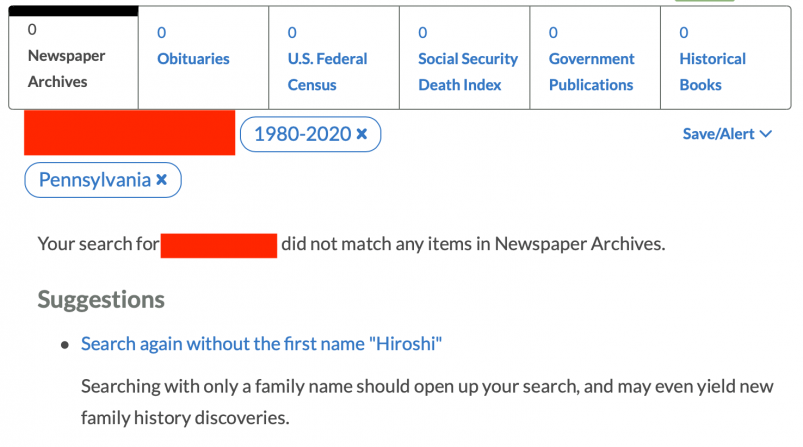
Nope. Then I tried my paternal grandfather, Moishe Stern, who emigrated to the U.S. sometime around 1900 and died in 1961.
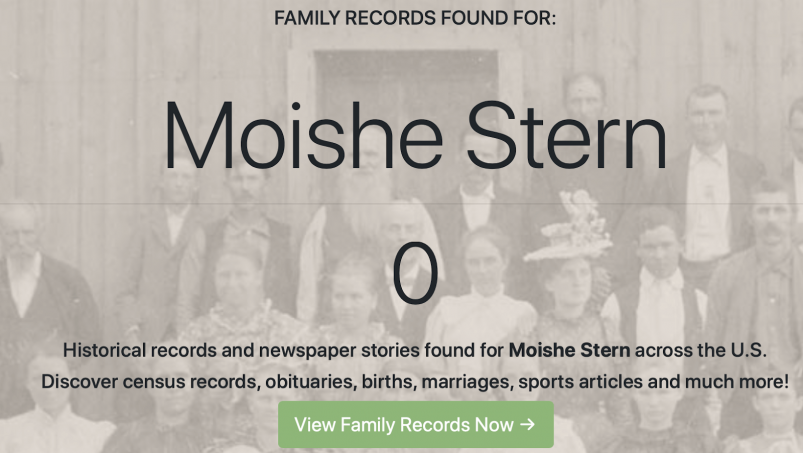
Nope.
The one person I was able to find was my late father-in-law, who was a prominent professor of educational psychology at Temple University.
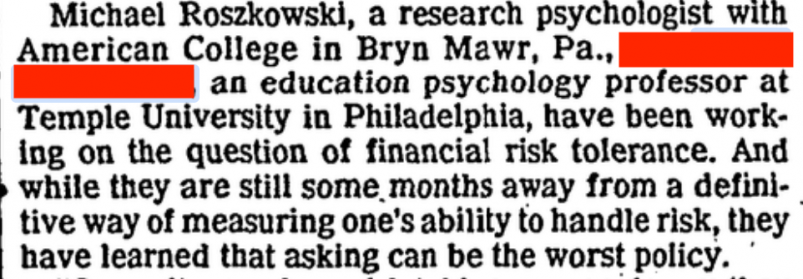
Yes! Finally a hit. Just one newspaper article, though — and I know he’s been featured in a lot more than one.
Basically, my experience was so disappointing that I decided to cancel my subscription. More on that later.
But I’d also like to take a moment to compare GenealogyBank to MyHeritage and Ancestry.com, which a) do have family tree builders, and b) also let you find historical documents about your family members.
I’ve tried both of them, and I found lots and lots of documents. For example, on Ancestry.com I found a record of my maternal grandmother’s passage on the ship that brought her to the United States.
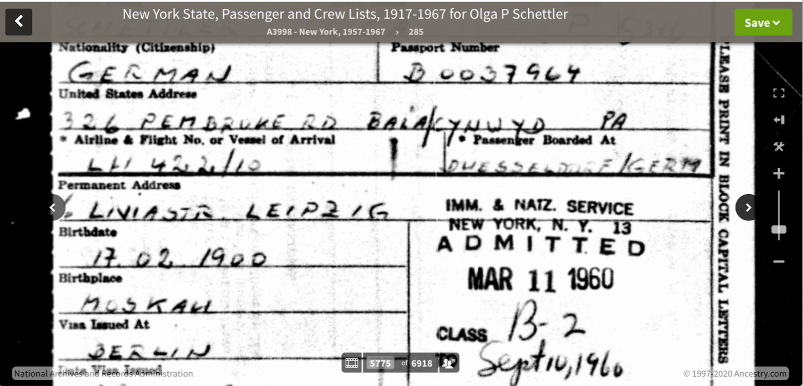
I also found a record of her 1966 U.S. social security claim.
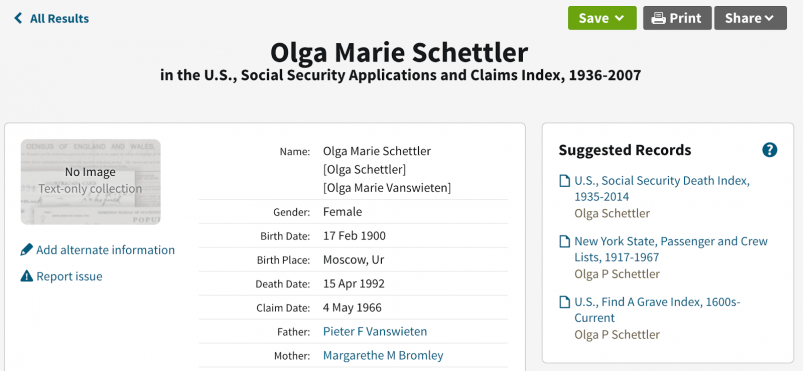
So it’s not as if there aren’t any U.S. documents about my grandmother. GenealogyBank just doesn’t happen to have them.
GenealogyBank has more than 2 billion genealogy records, all from the United States while Ancestry.com has more than 6 billion records from the U.S., and 30 billion records overall. So it stands to reason that Ancestry.com would have quite a few documents you couldn’t find on GenealogyBank. It’s math, people.
Fairly Affordable Compared to Other Options…But Also Doesn’t Offer As Much
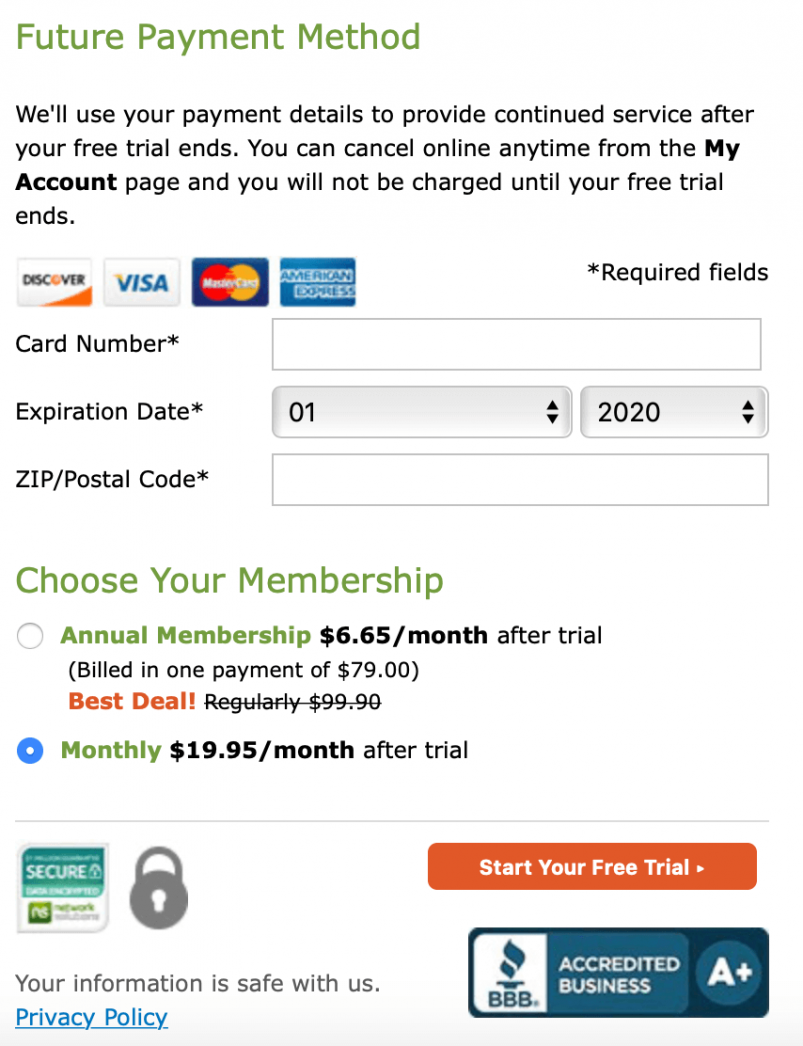
After the 7-day free trial of GenealogyBank, for which you need to enter credit card details as charges apply post-trial, the service is priced at $19.95 monthly or $99.00 annually. This pricing is relatively affordable.
Comparing this to Ancestry.com, which also provides access to a wealth of historical documents and newspaper articles on your ancestors, Ancestry.com’s subscriptions begin at $24.99 per month. Therefore, GenealogyBank emerges as a more budget-friendly option.
On the other hand, Ancestry.com has much larger records databases (see above). Ancestry.com has located records for my family members that GenealogyBank doesn’t have.
And it has an online family tree builder, which GenealogyBank doesn’t have. So, when choosing between these two vendors, you should weigh how much it costs against how much you’re getting for your money, then decide.
GenealogyBank accepts all major credit cards.
Helpful and Friendly Customer Service
As I was poking around on GenealogyBank, looking for (and not finding) one relative after another, a chat box opened and said,
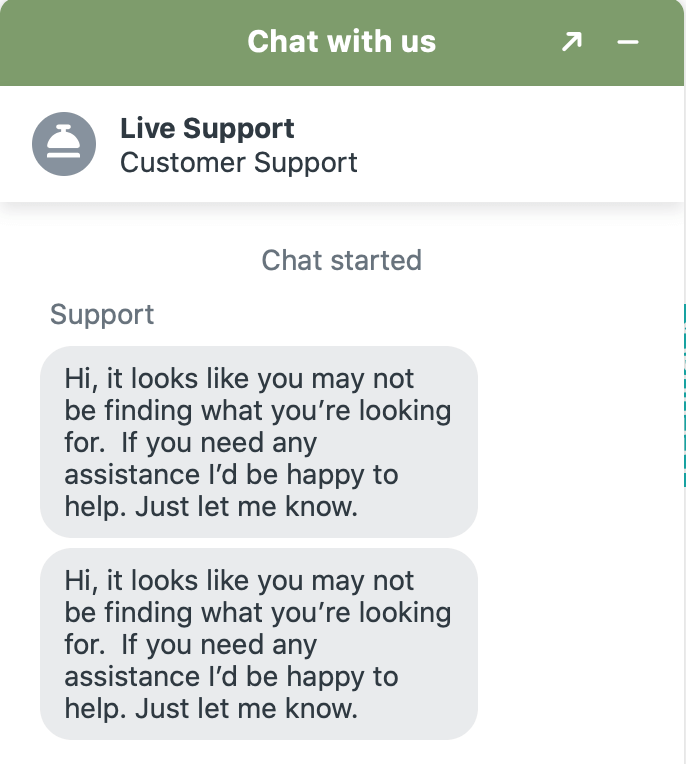
I replied,
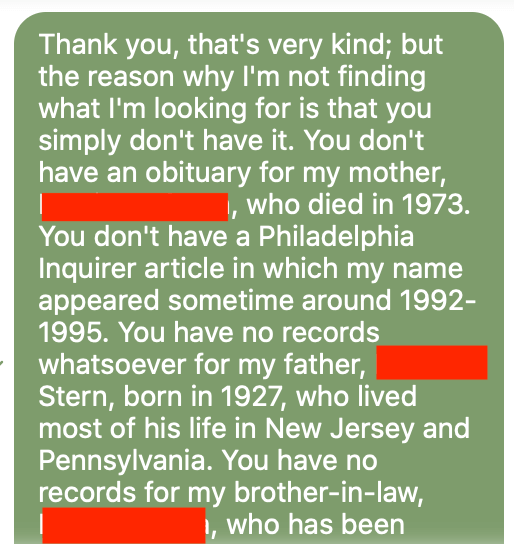
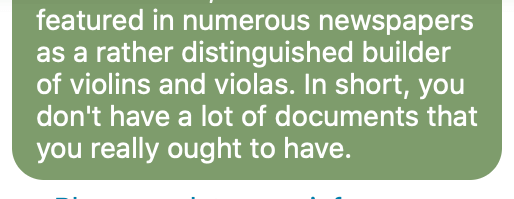
The customer service representative responded,
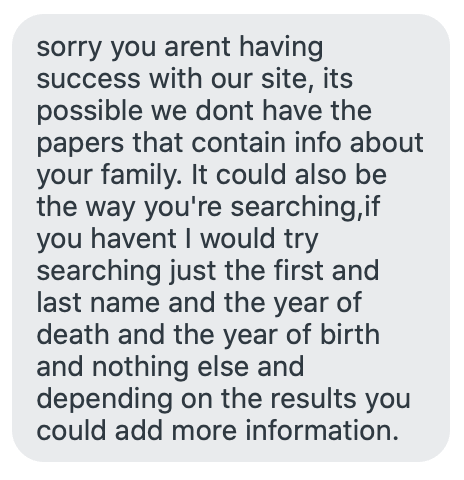
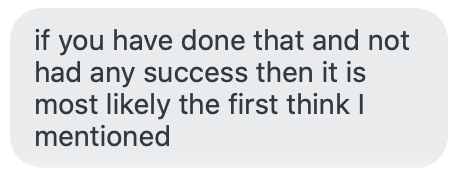
I replied,
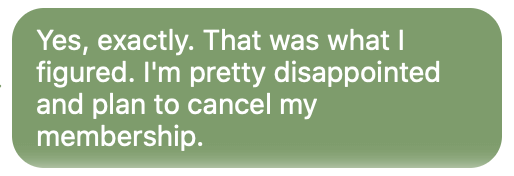
The rep said she was sorry, and wished me a good rest of the day.
I went ahead and canceled my subscription. GenealogyBank tried to talk me out of this, of course.
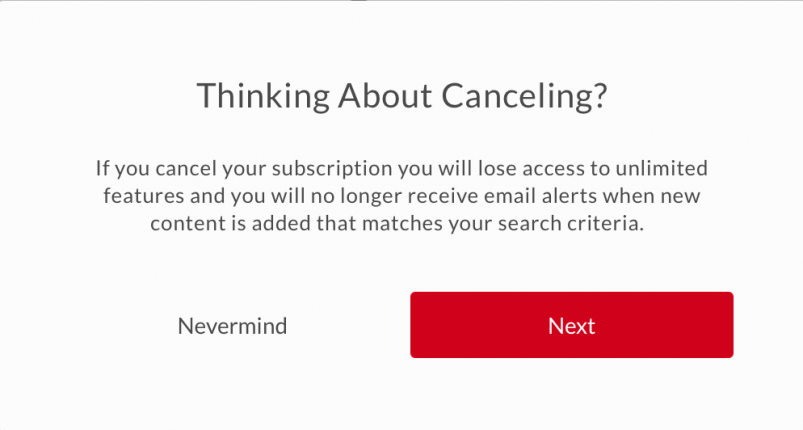
But I persevered. GenealogyBank asked me why I was canceling, and this was my (required) reply.
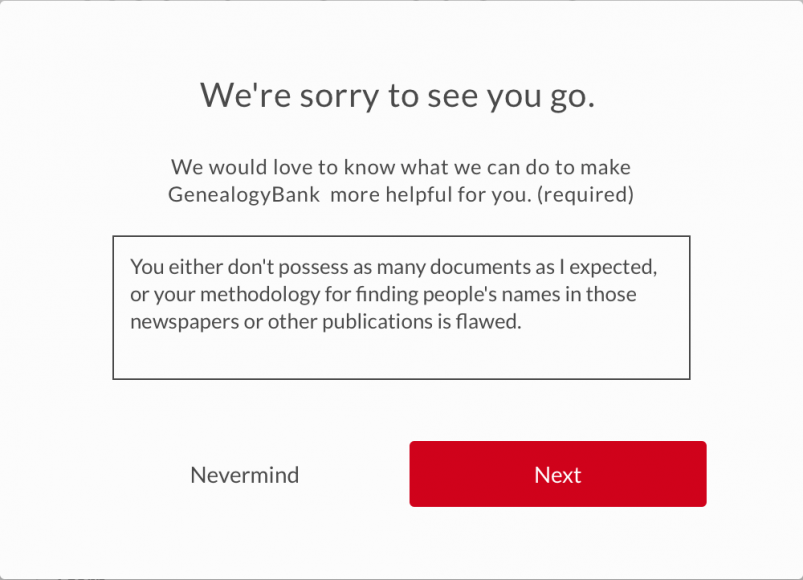
Once my cancellation was complete, I got this confirmation email immediately:
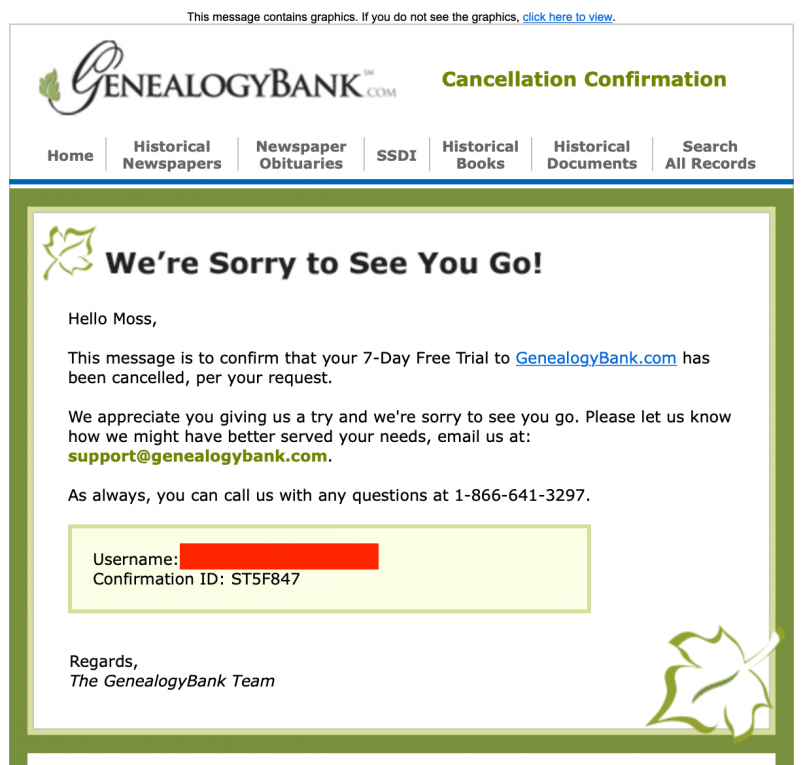
And then, a little while later, I got a phone call from a salesperson at GenealogyBank, who offered to help me find some more information about my family in order to persuade me to resubscribe!
I gave him some of the people I hadn’t been able to find. He couldn’t find them either. One possible factor, he explained, was that GenealogyBank’s historical records mostly only go through about 1977(!), a fact never mentioned on the company’s website.
Even so, my grandmother filed a social security claim in 1966. Why doesn’t GenealogyBank have that document?
In short, I was impressed with GenealogyBank’s customer service; I’ve seen a lot worse from other vendors. But while the customer is very good, the product just isn’t (or it wasn’t helpful for me, anyway).
I would note, though, that figuring out how to cancel my membership was easy, and the cancellation took effect immediately, which isn’t always the case with some other companies.
Not Helpful for Me, Could Be Helpful for You…Try It and See
As I’ve explained, GenealogyBank didn’t fulfill its promise of helping me find loads of historical records about my family.
It’s a shame, because I would have liked to discover something documenting my mom’s naturalization as a U.S. citizen and her obituary, or news articles about my father’s founding of the Philadelphia School of Psychoanalysis, or a story about my brother-in-law’s viola making.
But I wasn’t able to find almost anyone I searched for.
Will GenealogyBank have the people you’re looking for? It might. You could have much better luck than I did.
If I were you, and I was curious, I’d sign up for a free trial and see what I could find. If you don’t like your results, you can always cancel.
FAQs
What is GenealogyBank?
GenealogyBank is an online genealogy service that provides access to a vast collection of historical documents, newspapers, obituaries, and other records. It aims to help individuals trace their family history and uncover details about their ancestors.
What types of records are available on GenealogyBank?
GenealogyBank offers a wide range of records, including historical newspapers, obituaries, birth records, marriage records, death records, military records, historical books, and more. These records span several centuries and can provide valuable information for genealogical research.
How can GenealogyBank help me with my family history research?
GenealogyBank provides a comprehensive database of historical documents, making it easier for individuals to find information about their ancestors. By searching through newspapers, obituaries, and other records, you can discover details about your family’s past, such as birth dates, marriage information, obituary notices, and even historical events they were involved in.
Is GenealogyBank a subscription-based service?
Yes, GenealogyBank operates on a subscription model. Users need to subscribe to gain access to the records and features available on the platform. Subscription plans typically offer different levels of access and duration options, allowing users to choose what suits their needs.
How accurate and reliable are the records on GenealogyBank?
GenealogyBank strives to provide accurate and reliable records; however, it’s important to note that historical records can occasionally contain errors or inconsistencies. Factors such as poor preservation of old newspapers or varying quality of digitized records may impact accuracy. It’s advisable to cross-reference information found on GenealogyBank with other sources to ensure the accuracy of your research.
Can I save or download records from GenealogyBank?
Yes, GenealogyBank allows users to save, print, or download records for their personal use. These features enable you to compile your research, create family trees, and preserve the information you find.
Can GenealogyBank help me connect with living relatives?
GenealogyBank primarily focuses on historical records, newspapers, and documents. While it can provide valuable information about deceased ancestors, it may not be the best platform for connecting with living relatives. However, the information you find on GenealogyBank may lead to potential discoveries that can help you locate and connect with living relatives through other means.
Does GenealogyBank cover records from all countries?
GenealogyBank primarily focuses on records from the United States. However, it may also include some records from other countries. The coverage can vary, so it’s advisable to check the available collections and regions within GenealogyBank to determine the extent of international records.

